Introduction to my blog!
More about me and my philosophy around recovery from substances and mental health.
The recovery world has been predominantly led by white men in the 1900s up until now. There have been several influential but unnoticed women who have and continued to revolutionize the recovery community. I highly recommend you read the following article to learn more: https://jointempest.com/resources/womens-recovery-movement/.
However, there is a gap in the field, where there is a lack of voices from marginalized populations who are currently using substances, who are seeking recovery or in recovery from substances, behavioral addictions, mental health, trauma, etc. There needs to be more literature and stories about the struggle for minorities to maintain a life in recovery.
When I created the Collegiate Recovery Program at Colorado State University, I saw several students who had co-occurring disorders (e.g., depression and substance use or an eating disorder and substance use). It made me realize that the problem is larger than just substance use, and the solution is recognizing this and providing recovery support for the whole person, not just part of the person.
I also want to hear from people who are still using substances or have used harm reduction – people who have used methods to reduce the harm associated with substance use. Abstinence-based recovery is not for everyone, and it is also not accessible to everyone. There appears to be some judgment towards people who still use drugs in that they are less worthy or valuable than people who have chosen abstinence-based recovery. Every person who has used drugs or is currently using drugs is worthy of recovery in whatever variation that is.
This blog is inclusive of recovery from substance use, behavioral addictions (work, gambling, sex & love, internet, video game, etc.), trauma, mental health, etc. There will be a focus on marginalized populations including but not limited to the following communities: women, LGBTQ+, BIPOC, people with disabilities including SMI (Serious Mental Illness), senior citizens, those who were or are incarcerated, and those with cognitive impairments.
More about me:
I am a 29-year-old female who found recovery at 21 years old while a student at the University of Connecticut. I currently have nearly 7.5 years sober from substances. If I didn’t get sober, I absolutely wouldn’t be alive right now to tell my story.
Before I go in details, it’s important that you know I LOVE life despite my struggles. I am gregarious and a huge people person. I love learning and getting to know people’s life stories. I split my time between Connecticut and Colorado (torn between the ocean and mountains). You can find me hiking, fishing, or out in nature. I am an athlete, having played softball and basketball competitively growing up. Now I am an avid UConn Women’s basketball fan.
After I got sober, life got a lot harder with my mental health issues. I was diagnosed with Bipolar 1 that was rapid cycling (one of the most severe types of Bipolar). I have been hospitalized twice and in treatment facilities for about 1 year. I battle depression daily, but medications and therapy have helped tremendously. My disorder is classified as Severe Mental Illness (SMI) and I could easily go on disability, but I refuse to do so because the work I do in this field keeps me going and I am still leaving my footprint on this world.
I have family trauma and alcoholism, but I am careful around these stories because I love my family and have done a lot of healing and repair work. I have embraced acceptance and forgiveness and I couldn’t be happier about it. It is devastating to see family struggle with alcoholism, and it has caused me a lot of pain over the years.
I am passionate about helping LGBTQ+ youth, young people, and marginalized populations find recovery. I am also passionate about reducing suicide rates among LGBTQ+ youth. I came out as part of the LGBTQ+ community when I was 20 and a lack of acceptance led to more substance use. I also have a hearing disability, only hearing in my right ear, which has caused me a lot of stress since I was 9 years old – so many doctor’s appointments and so many unanswered questions.
I know that this post is extremely vulnerable, and some people will think I am sharing too much. I am extremely resilient and believe my message can help a lot of people. If I can help at least one person, then I believe I am doing the right thing by sharing my story. My life mission is about eradicating the stigma around mental health and substance use. That’s it for now – more stories to come!

